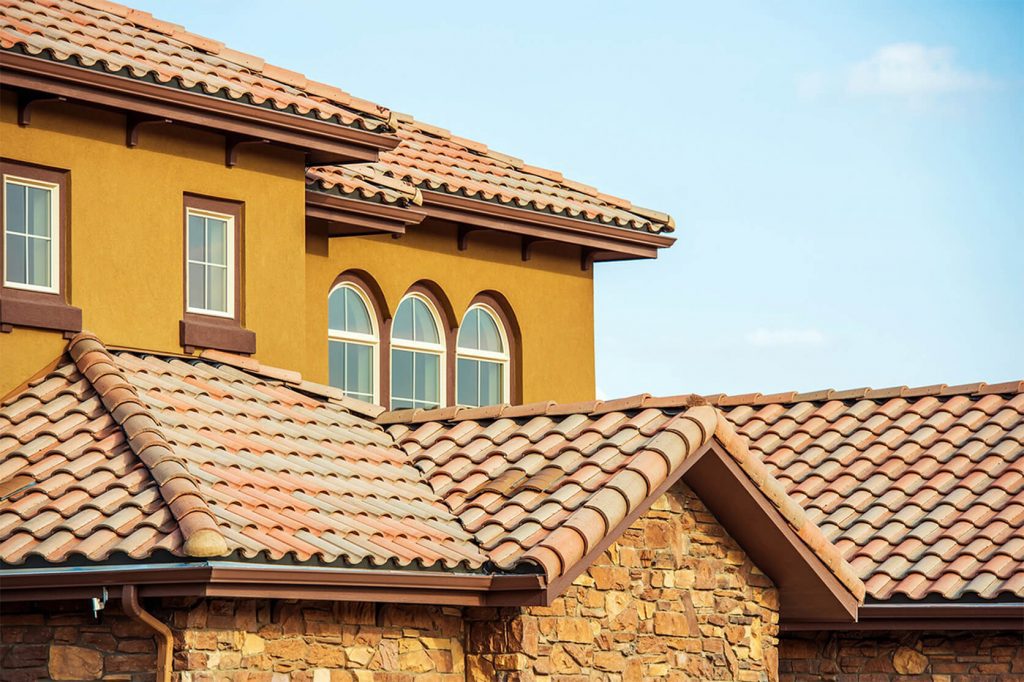RESIDENTIAL ROOFING
Choosing the best residential roofing material for your Tennessee home can be quite confusing. Your roof’s main function is to protect you, your family, and your belongings from outside elements. This is why it’s essential to choose the right roofing material to ensure that your roof will protect you and last for years to come.
As a trusted residential roofing contractor in Nashville, Tennessee, we’ll use the best roofing materials from leading manufacturers. Choosing the right roofing materials will depend on your preference.
In choosing the right roofing material, you’ll need to consider other factors such as climate in your area, the environment, the position of your home, the structural integrity, and the appearance of your home. As professional roofers, we’ll guide you in selecting the best roofing materials for your residential property.
Residential Roofing nashville, tn
Asphalt Shingles
Asphalt shingles are a popular residential roofing material. Not only is it affordable, but it’s also easy to install and maintain. They’re very durable and they can be used in any climate.
Technological advancement and innovation have made asphalt shingles more durable and more resistant to harsh weather.
Newer brands of shingles are algae-resistant and more fire-resistant. Asphalt shingles can be used in homes that have a complicated design.
You can also choose from a wide variety of cool colors that help reflect the sunlight and improve the overall insulation of your home. Asphalt shingles come in three different types and this includes three-tab shingles, architectural shingles, and luxury shingles.

On the other hand, asphalt shingles are also effective in reducing outside noise, such as noise coming from hard rain. However, there are some disadvantages to using asphalt shingles.
The most common issues include buckling, cracking, and curling when exposed to inclement weather. They’re easily damaged when installed in freezing temperatures. Despite these drawbacks, asphalt shingles are still a good choice for residential roofing material.

Three-Tab Shingles
They’re 12 inches wide, lightweight, and thinner than architectural shingles. Three-tab shingles consist of a single shingle tab and are composed of three separate tabs. They’re coated with asphalt to resist water.
Architectural Shingles


Luxury Shingles
Since they’re tougher and more durable, they’re able to keep their shape and color. Luxury shingles have a multi-directional texture that mimics the look of traditional slate and cedar shake material.
They also come in a wider variety of colors and styles and will complement any home design or style. They’re more inexpensive when compared to cedar shake and slate.
Clay Tile Roofing
When it comes to durability, clay tile can last for up to 50 years or more with proper care. Clay tiles don’t rot, unlike asphalt shingles. Clay tiles are resistant to salt and frost. However, they’re heavy and expensive.

Looking for the best roofing company?

Slate Roofing
Slate will make your home aesthetically appealing. Since it does not absorb water and moisture, they’re resistant to fungal growth. However, slate is heavy and you may be required to install additional reinforcements to your roof.
Cedar Shake Roofing
Cedar shake does not shrink and it doesn’t change its original form even when exposed to humid conditions. They also have good insulation properties to keep you warm during the winter and cool during the summer.
They’re also environmentally-friendly and fully recyclable. However, they’re difficult to install and they’re heavy. You may need additional reinforcements installed on your roof to hold the weight of cedar shakes.


Metal Roofing
They’re energy-efficient, fully recyclable, and environment friendly. They come in a wide variety of colors, sizes, shapes, styles, and designs. However, given these benefits, they’re expensive and have a slow installation time.
They’re also susceptible to denting and rusting and they tend to be noisy during a hard rain. Despite the drawback, metal is still an excellent choice for residential roofing material.
